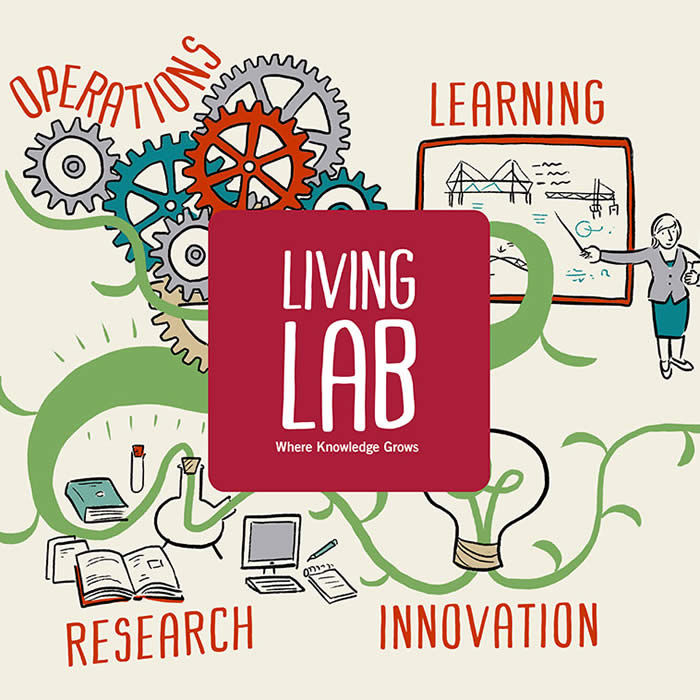Search site
EPSRC Centre for Doctoral Training in Bioenergy
Living Lab for Food Waste: Interview with CDT Bioenergy Students
Food waste is a global problem, and is becoming more of an important public policy issue as each year the UK throws away £13bn worth of edible food waste. This equates to an estimated 10 million tonnes of food and drink wasted yearly, 60% of which could be avoided. Where food waste is unavoidable, it is still important that sustainable food waste management systems are in place. This is especially important as the University is focused on creating sustainable infrastructure as a part of it’s Cities Research Theme and on leading industry research through it’s Food Research Theme. With this in mind, The Living Lab for Food Waste has begun to research and trial innovative solutions that address the food waste challenges on our campus, particularly catering waste from The Refectory. At the core of this project is the CDT in Bioenergy, where three students have been carrying out a feasibility study into potential technological and behaviour change solutions, including a University-wide ‘virtual food waste lab’ – a network of interdisciplinary spaces where Schools are researching sustainable food waste management.
Leeds Sustainability Service interviewed CDT students, Hannah Sherwood, Sam Fenwick and Nick Davison, who embody The Living Lab approach by bringing together expertise from a range of disciplines to work on food waste research. Their diverse academic backgrounds reinforce the holistic nature of sustainability research; Hannah, who recently completed an MSc in Climate Change and Environmental Policy, is interested in the social impacts whilst Sam specialises in sustainable engineering and Nick brings an environmental science knowledge base. Their research began in September and is culminating in a feasibility report that Hannah explains will “analyse which technology can be implemented on campus to deal with the food waste problem, to see what solutions are possible from a social, environmental and economic perspective.”
Click here to read more.


